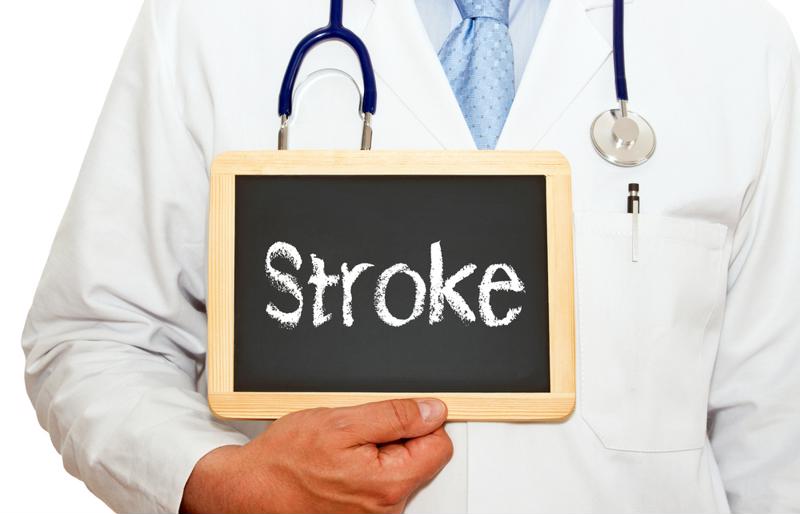As your senior relatives get older, they become more susceptible to a number of health problems. Age, combined with lifestyle and family history, may put your loved ones at risk for strokes. While these medical events are common, they’re also serious and can have severe residual consequences. Know how to identify and prevent strokes to keep your loved ones healthy and safe.
What is a stroke?
First, it’s important to know what strokes are. According to the National Heart, Lung and Blood Institute, there are two types of strokes. Ischemic strokes take place when blood, carrying essential oxygen, is prevented from reaching certain parts of the brain, often due to clots. Hemorrhagic strokes can happen when a brain artery starts to bleed or breaks open, typically as a result of ruptured aneurysms.
“People display a variety of physical symptoms.”
In both cases, brain cells start to die or sustain damage as a result of the trauma. Because brain cells are essential for different bodily functions, people typically display a variety of physical symptoms when experiencing strokes.
How can you identify when someone’s having a stroke?
Strokes require immediate medical attention, which is why it’s important to know the signs so you can quickly and effectively assist seniors in case of emergencies. There are a few major red flags that can indicate someone is experiencing a stroke.
- Speech and understanding: Typically, people get very confused when having strokes due to the brain trauma. This confusion can manifest itself in the form of slurred, muddled speech. People can also start using words or phrases that make no sense, speaking complete gibberish or failing to understand what you’re trying to tell them, causing them to react strangely to simple requests.
- Vision: Strokes can affect eyesight, so people experiencing them may go blind in one or both eyes, have suddenly blurred vision or begin to see double.
- Walking: Dizziness is commonly associated with strokes. Many people experiencing this medical event have trouble walking and balancing.
- Paralysis: The lack of oxygen in the brain can cause numbness in the face, arms and legs. If your loved one is unable to raise both arms above his or her head, or cannot smile without his or her face drooping, he or she may be experiencing a stroke.
- Headache: Severe head pain, sometimes accompanied by vomiting, can also be indicative of strokes.
According to the Mayo Clinic, care providers should remember to think “FAST” when staying vigilant about the symptoms of strokes – Face, Arms, Speech and Time. If you think your loved one might be having a stroke, act quickly by asking him or her to smile, raise both arms, and state a simple fact. If your relative appears to display stroke symptoms during these tests, call 911 to get him or her help as quickly as possible. The source noted that every second counts when someone is experiencing a stroke, so once you identify the situation it’s crucial to get him or her to the hospital as soon as possible.

If you think your loved one is experiencing a stroke, call 911 immediately.
What are some risk factors associated with strokes?
Simply being older than 55 can put people at risk for strokes, but there are a number of other factors that can also make someone more likely to experience one of these serious medical events.
Genetically, African Americans are more likely to experience strokes than other races. Men typically have more strokes than women, though women usually experience them when they’re older and the trauma tends to be worse. If someone has a family history of strokes or heart attacks, he or she is also at higher risk. Some pre-existing medical factors that can prompt strokes include high blood pressure, diabetes, sleep apnea, high cholesterol and cardiovascular disease.
Help your loved one prevent strokes
While people don’t have control over these types of risk factors, there are many lifestyle habits that can spur strokes. If your relative is practicing unhealthy activities, discuss with him or her how these lifestyle choices could cause preventable strokes, and discuss strategies for making big improvements.
According to Harvard Medical School, being overweight places someone at a high risk for stroke. Obesity itself, in addition to its other medical consequences, is dangerous for brain health, so encourage your loved one to shed some weight if he or she is carrying around some extra pounds. Help him or her design a meal plan free of saturated and trans fats and filled with nutritious, heart-healthy foods, like fish, nuts and plenty of fruits and vegetables. If your relative has diabetes, make sure he or she is following a diet that keeps blood sugar under control.
“Encourage your relative to exercise more.”
Additionally, encourage your relative to exercise more. This doesn’t have to be strenuous physical activity – the source noted that simply walking an extra three hours per week has been shown to reduce the risk of stroke in women.
Excessive alcohol consumption is another lifestyle behavior linked to strokes. Harvard Medical School noted, however, that drinking moderate amounts of alcohol can actually help lower the risk of stroke, especially when red wine is the beverage of choice. If your loved one drinks, advise him or her to have one 5-ounce glass of red wine each day.
While small amounts of spirits can be beneficial, this rule does not apply to cigarettes. Smoking is purely detrimental, and it’s a major risk factor associated with strokes. The source reported that smokers have thicker blood and more buildup in their arteries, factors that cause dangerous clots to form more quickly than they would in nonsmokers. Even if your relative follows a healthy diet and exercise routine, if he or she is a smoker then strokes are a very real medical threat. Encourage your loved one to speak to his or her physician for advice on how to safely and effectively cut cigarettes out of his or her life for good.
If you found an error, highlight it and press Shift + Enter or click here to inform us.



